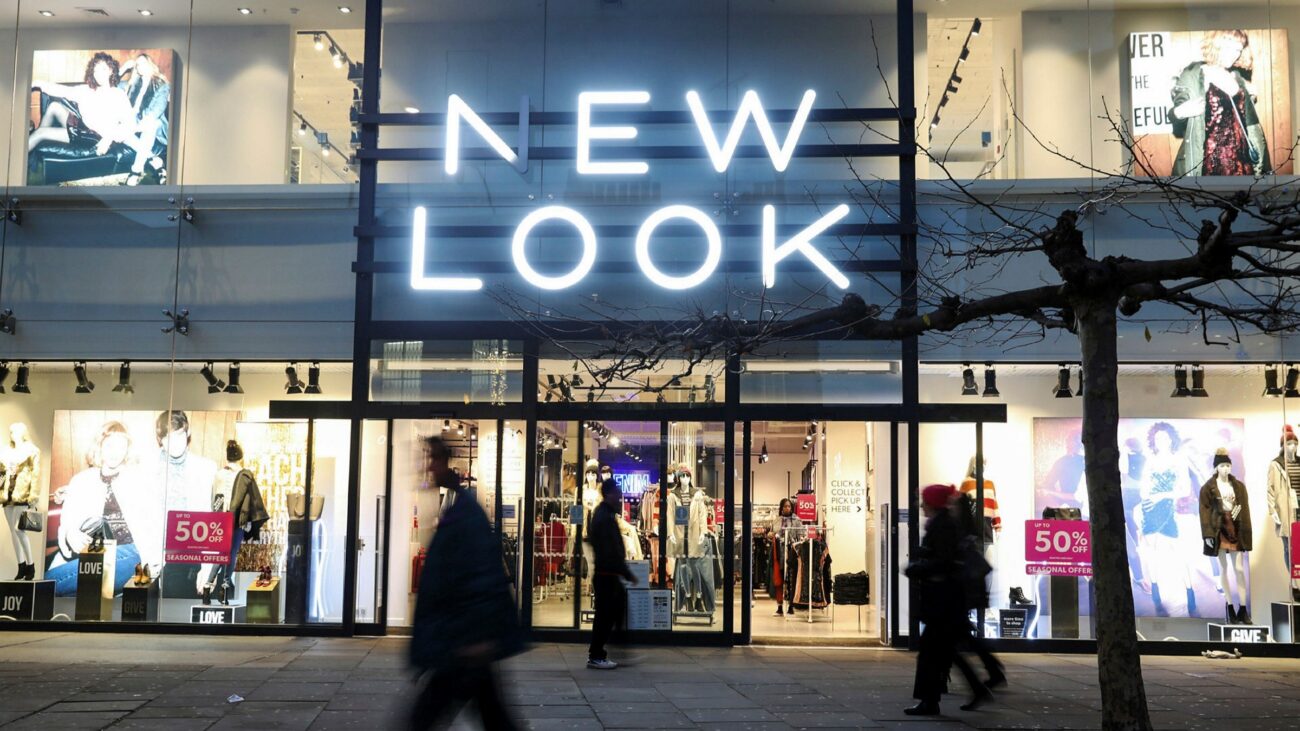New Look grew to become one of the biggest fashion retailers in Ireland, only to see its performance collapse over the past three years due to falling sales, rising rents, and ongoing financial woes at its British parent. In 2020, it sought to appoint an examiner to its Irish business, but it was rejected by the High Court after a number of landlords argued the business was not, in fact, insolvent. It has now just filed accounts for the year ending March 31, 2021. They reveal how the company performed following the failed examinership and its success in renegotiating a…
Cancel at any time. Are you already a member? Log in here.
Want to read the full story?
Unlock this article – and everything else on The Currency – with an annual membership and receive a free Samsonite Upscape suitcase, retailing at €235, delivered to your door.

